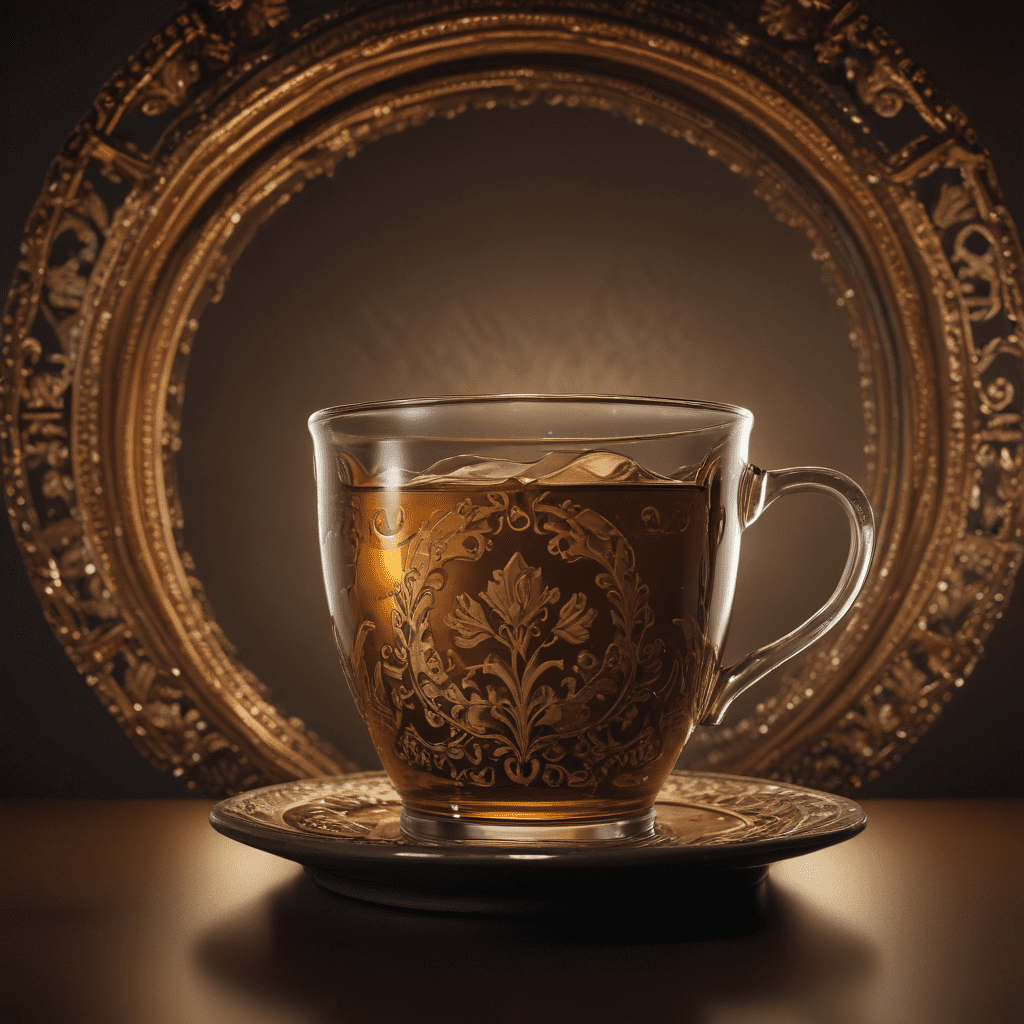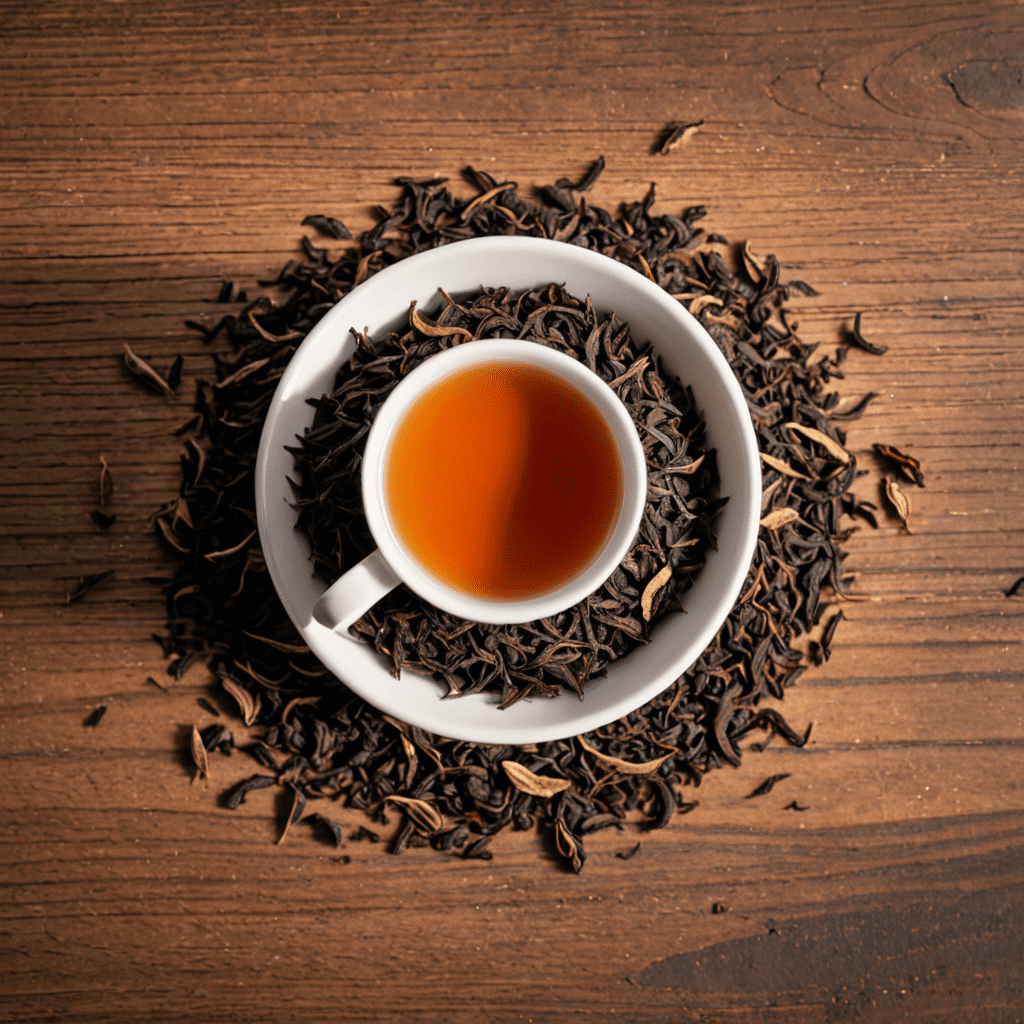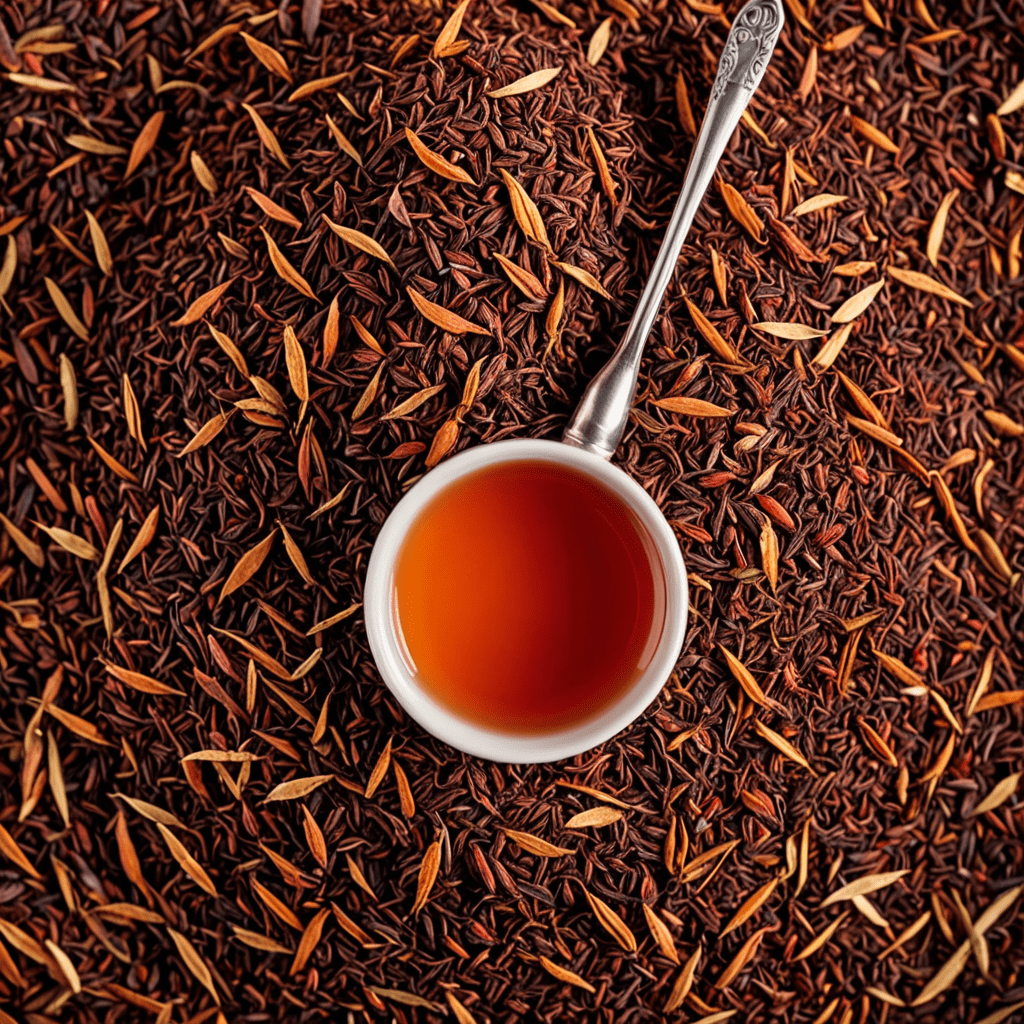1. Introduction:
India, a land steeped in rich history and diverse traditions, boasts a profound connection with tea that extends far beyond its role as a mere beverage. For centuries, tea has been deeply woven into the fabric of Indian folklore and mythology, playing a significant role in stories, rituals, and beliefs.
From its legendary origins to its symbolic presence in various cultural practices, tea has captivated the Indian imagination and holds a special place in the hearts of its people. This article delves into the fascinating world of tea in Indian folklore and mythology, exploring its unique significance and the diverse ways it has shaped the cultural landscape of the country.
2. Tea in Indian Mythology:
The story of tea in Indian mythology begins with the legendary figure of Bodhidharma, a Buddhist monk who is credited with bringing tea to China from India in the 6th century AD. According to legend, Bodhidharma fell asleep while meditating, and to prevent this from happening again, he cut off his eyelids. The tea plant then sprouted from the eyelids that touched the ground, giving rise to the invigorating beverage that helped him stay awake during meditation.
Beyond this origin story, tea features prominently in various myths and legends across India. In some tales, mythical beings like the Gandharvas, celestial musicians, are depicted as enjoying tea in their heavenly gardens. Tea is also often associated with divine offerings, symbolizing purity and devotion.
3. Tea in Indian Folklore:
The rich tapestry of Indian folklore is adorned with numerous stories and anecdotes where tea plays a central role. In many folktales, tea serves as a symbol of hospitality, signifying warmth and welcome. Offering tea to guests is considered a gesture of respect and a way to foster social connections.
Tea also embodies love and affection in Indian folklore. In some stories, lovers exchange cups of tea as a token of their devotion, and the act of sharing tea symbolizes the deep bond between them. Furthermore, tea is often associated with wisdom and knowledge in folktales, representing the clarity and focus that the beverage can bring.
4. Regional Variations:
India's diverse landscape is reflected in its tea traditions, with each region boasting unique stories, beliefs, and rituals associated with the beverage. In Assam, the birthplace of Indian tea, folklore revolves around the origins of tea gardens and the mystical properties of the tea plant. In Kerala, tea features prominently in temple rituals and offerings, symbolizing purity and devotion.
The mountainous regions of Darjeeling and Sikkim each have their own distinct tea lore, with stories about tea gardens nestled amidst the clouds and the healing properties of the local tea varieties. From the vibrant flavors of Assam to the delicate aroma of Darjeeling, each region's tea traditions contribute to the rich tapestry of Indian tea culture.
5. Tea and Spirituality:
Tea plays a significant role in various spiritual practices in India. In meditation, tea is often used to promote focus, clarity, and inner peace. The act of brewing and serving tea can be a meditative experience in itself, fostering mindfulness and presence.
In Hinduism, tea offerings are made to deities as a symbol of devotion and purity. Tea is also used in rituals and ceremonies related to various festivals and life events. In Buddhism, tea is seen as a way to cultivate compassion, understanding, and equanimity. The simple act of sharing a cup of tea with others can foster a sense of connection and community.
6. Medicinal Properties of Tea in Folklore:
Indian folklore abounds with beliefs about the healing properties of tea. Traditionally, tea has been used to treat a wide range of ailments, from headaches and colds to digestive issues and fatigue. Specific types of tea, such as ginger tea and tulsi tea, are believed to have specific medicinal benefits.
While some of these beliefs may not have scientific backing, they reflect the deep-rooted connection between tea and well-being in Indian culture. The use of tea in traditional herbal medicine highlights the importance of natural remedies and the holistic approach to health that has been prevalent in India for centuries.
7. Tea and Festivals:
Tea occupies a central role in various Indian festivals and celebrations. During Diwali, the festival of lights, tea is offered to guests and shared with family and friends. In Holi, the festival of colors, tea is often served with traditional sweets and snacks.
During Durga Puja, a major festival in West Bengal, tea is an essential part of the offerings made to the goddess Durga. Each festival has its own unique traditions and rituals associated with tea, reflecting the beverage's deep integration into the cultural fabric of India.
8. Modern Day Significance:
Even in the modern era, tea continues to hold a special place in Indian society. It remains a beverage of choice for many, offering a comforting and familiar presence in daily life. Tea stalls and cafes are ubiquitous across the country, serving as social hubs where people gather to connect and share stories over a cup of chai.
The rich history and cultural significance of tea in India have made it an integral part of the country's identity. From its humble origins to its multifaceted role in folklore, mythology, and everyday life, tea continues to captivate the hearts and minds of the Indian people. As India embraces modernity, its enduring love affair with tea is likely to continue for generations to come.
FAQ:
Q: What is the most popular type of tea in India?
A: Chai, a spiced black tea with milk and sugar, is the most widely consumed tea in India.
Q: What are some of the health benefits of tea?
A: Tea has been associated with various health benefits, including improved heart health, reduced risk of cancer, and enhanced cognitive function.
Q: What is the significance of tea in Indian culture?
A: Tea plays a significant role in Indian folklore, mythology, and everyday life. It is seen as a symbol of hospitality, love, and wisdom, and is used in various rituals and ceremonies.
Q: What is the future of tea in India?
A: The tea industry in India continues to evolve, with a growing focus on specialty teas and sustainable practices. Tea is likely to remain an important part of Indian culture for generations to come.



